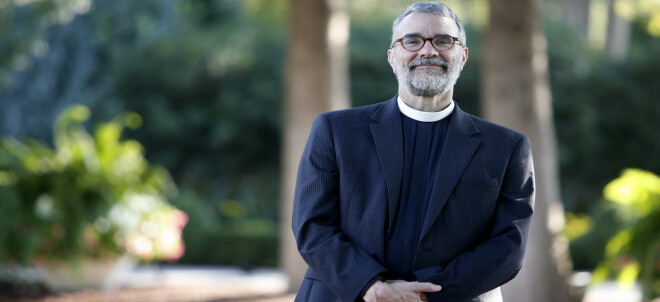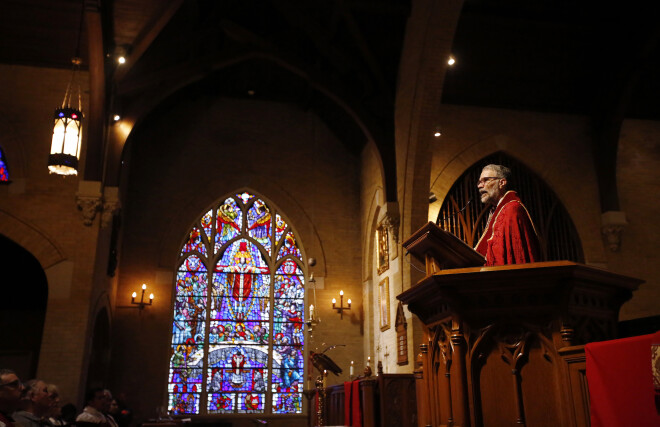What is "Creation" Really

I am in a reading group beginning to work through the Lutheran theologian David Yeago’s excellent, and as yet unpublished systematic theology, and have just completed the chapter on “Creation.” We know what that is, right? It’s what we get in touch with on a weekend in the Colorado mountains, what we need to protect from pollution, in other words, what we share a commitment to with those of other religions and none at all. And in a sense this is true - and care for creation is important. But in a sense it isn’t, and it is the latter that I want to reflect briefly on.
So what is it, really, that your post-Christian or secular neighbor really believes? It’s a question in which we have more than passing interest, since it matters, among other things, for the endeavor of evangelism. A few months back I went to the memorial service of a friend, and listened to the speakers, mostly non-Christian at this point, speak to the group, and most were what I would call “functional pantheists.” We don’t know what’s out there, but we can grasp something of it, and see a whisp of our departed friend, in a beautiful rainbow or the midnight sky. Now the Bible does appreciate these (Psalm 8:1), but it most emphatically denies that God is really a dimension or power or feeling within the created world itself. Secondly, we can imagine “the deist.” He or she acknowledges that something made all this in its glory, but now we are on our own. This notion that our wills and our freedom are in direct conflict with God’s, that we are playing on the same plane and comparable actors, is profoundly contrary to what Christians mean by “the Creator,” who is prior, and transcendent, and yet more free, and intimately involved, in a way that the deist cannot come to grips with.
This notion of having to get on with it ourselves leads to the third character, what I would call “the voluntarist.” In the place of providence and the order of the universe, which are for theology part of creation, he or she believes that we can and must decide what story we shall live by, or else that there are only power and forces. Creation becomes nihilism, willfulness, and creation becomes nature which lies entirely in our hands. The Bible has a word for the place that is all our will and none of God’s.
The fourth character, whose view does not yet rise to what Christians mean by “creation,” is the one for which we can have the most sympathy, and the one perhaps closest to the faith. Let us call him or her “the Jobean.” Nature though beautiful is also “red in tooth and claw.” History often seems like anything but providence. How long Lord? The complaint against God and the question about the relation of His order to evil is a real question, a mystery, which is to say that it is not patent of an easy or formulaic answer. But this does not mean that our faith does not have a compelling answer, one in which creation leads to history which leads to goal, all three drawn into one in Jesus Christ.
Creation - at first it seems like the ground on which all stand most readily together before other dividing issues intervene. But it is also the home of these four familiar neighbors, all of whom resist, and need, and await, the Gospel.
Peace
+GRS




